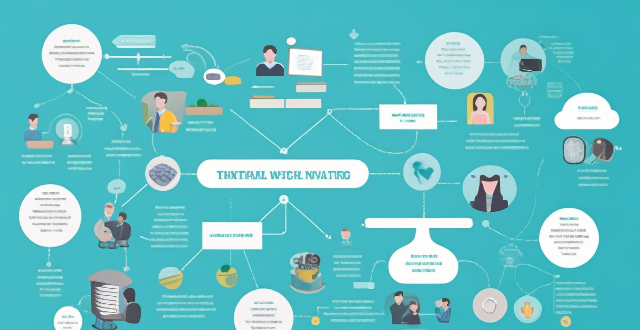Real estate investment offers wealth growth opportunities without buying physical property through options like REITs, crowdfunding, syndication, online platforms, and mutual funds/ETFs. These methods provide liquidity, diversification, and passive income potential while avoiding typical challenges of direct property ownership.

Investing in Real Estate Without Buying Property
Real estate investment is a popular way to grow wealth, but not everyone has the resources or desire to buy physical property. Fortunately, there are several ways to invest in real estate without actually buying any property. Here are some options:
1. REITs (Real Estate Investment Trusts)
Definition
A REIT is a company that owns, operates, or finances income-producing real estate. REITs allow individuals to invest in real estate without the physical purchase and management of property.
Benefits
- Liquidity: Easier to buy and sell than actual property.
- Dividends: Often pay out high dividend yields.
- Diversification: Can invest in different types of properties across various regions.
How to Invest
- Stock Market: Buy shares of publicly traded REITs on stock exchanges.
- Mutual Funds: Invest in mutual funds that focus on REITs.
- ETFs (Exchange Traded Funds): Similar to mutual funds but trade like stocks.
2. Real Estate Crowdfunding
Definition
Real estate crowdfunding platforms allow investors to pool their money together to invest in larger real estate projects.
Benefits
- Accessibility: Start with small amounts of money.
- Diversification: Invest in multiple projects across different markets.
- Low Management: The platform handles most of the management.
How to Invest
- Research Platforms: Look for reputable crowdfunding platforms.
- Risk Assessment: Evaluate the risks associated with each project.
- Contribution: Contribute an amount you're comfortable with.
3. Real Estate Syndication
Definition
Syndication involves a group of investors pooling their funds to purchase a property. This is often led by an experienced sponsor who manages the investment.
Benefits
- Partnership: Share risks and rewards with other investors.
- Expertise: Benefit from the expertise of the sponsor.
- Passive Income: Potential for regular income through rent or property appreciation.
How to Invest
- Networking: Build relationships with sponsors and other investors.
- Due Diligence: Thoroughly evaluate the deal and the sponsor's track record.
- Legal Agreements: Ensure all legal agreements are in place before investing.
4. Online Real Estate Platforms
Definition
Online platforms offer various real estate investment opportunities, such as lending to real estate developers or purchasing shares in rental properties.
Benefits
- Technology: Use technology to streamline the investment process.
- Variety: Choose from different types of investments.
- Transparency: Many platforms provide detailed information about properties and returns.
How to Invest
- Research: Look for reliable online platforms with positive reviews.
- Understand Terms: Be clear on fees, exit strategies, and potential returns.
- Start Small: Begin with smaller investments to understand how the platform works.
5. Real Estate Mutual Funds and ETFs
Definition
These financial instruments hold a portfolio of real estate-related assets, such as REITs, real estate companies, or mortgage-backed securities.
Benefits
- Professional Management: Funds are managed by professionals.
- Instant Diversification: Exposure to a wide range of properties and markets.
- Low Cost: Generally lower fees compared to directly buying property.
How to Invest
- Brokerage Account: Open an account with a brokerage firm.
- Research Funds: Look for funds with a good track record and low expenses.
- Regular Investments: Consider setting up automatic investments for consistent growth.
In conclusion, investing in real estate without buying property offers numerous advantages such as liquidity, diversification, and passive income potential. By exploring options like REITs, crowdfunding, syndication, online platforms, and mutual funds/ETFs, you can tap into the world of real estate investment without the typical challenges associated with direct property ownership.